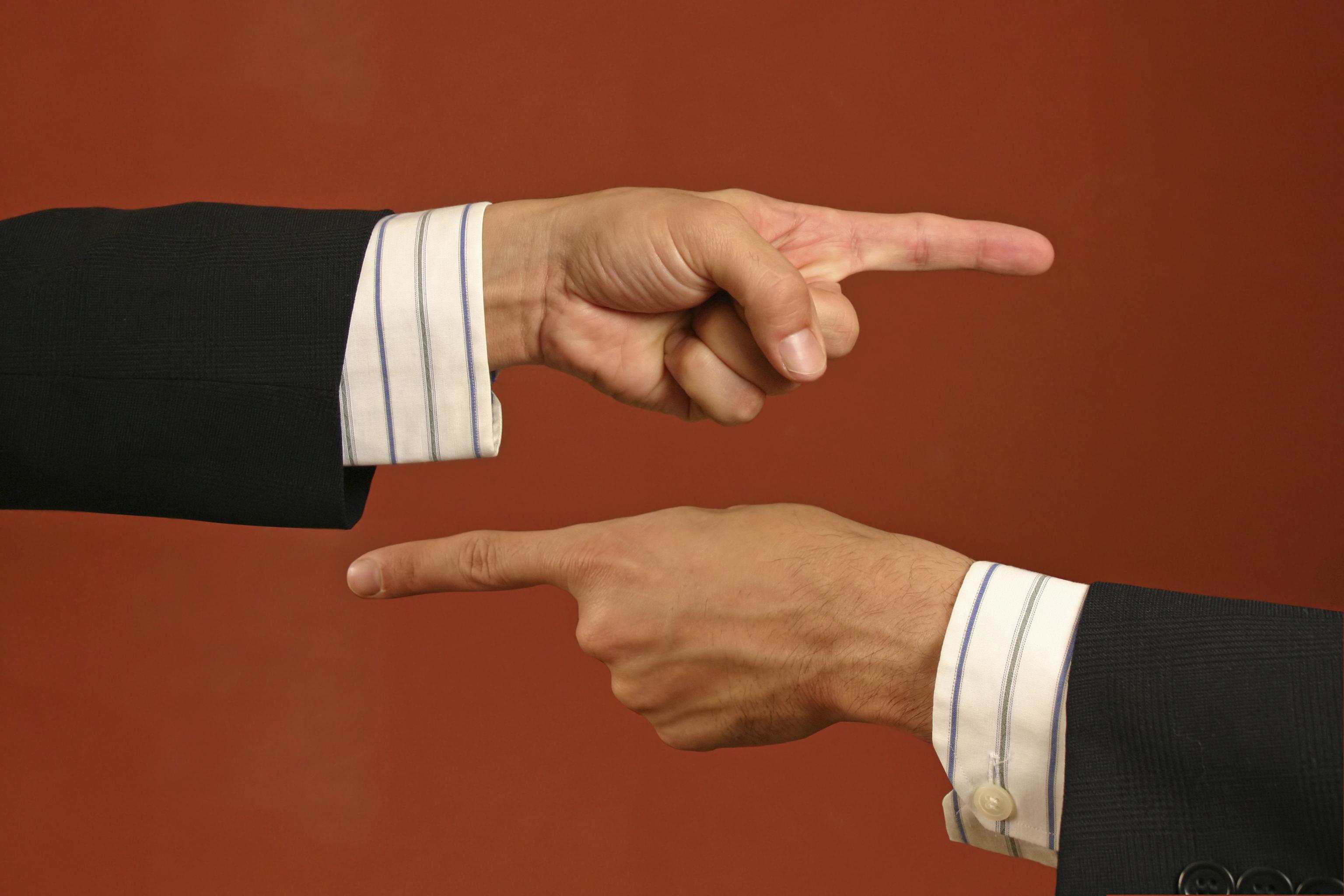
JPMorgan Chase, the embattled U.S. investment bank seems to face scandals and investigations around every corner. On the face of it, the bank’s decision to settle many of the charges against it rather than fight them suggests that it is “paying the price” for alleged ethical and legal failures. But it is natural to question whether this punishment reaches people who were actually responsible for the wrongdoing.
At the recent INSEAD-Wharton Alliance conference on The Moral Responsibility of Firms: For or Against? we collected a number of leading scholars on each side of the question. To help to orient the proceedings, I began the conference by suggesting a couple of basic assumptions. These are based in part on my recent book, Business Persons: A Legal Theory of the Firm (Oxford University Press 2013).
The existential question
In short, firms exist. They are legal constructions of human relationships that are socially sanctioned and recognised. Contrary to recent arguments by some neoclassical economists, firms exist as “real fictions” in a manner similar to the existence of money and nation-states. (Two contemporary philosophers who support this position are Margaret Gilbert and John Serle.)
People compose firms. Key legal relationships within business firms include agency authority, organisational contracts, and collectively owned property. Government plays a role in the recognition of firms through “top-down” regulation. Business participants, however, have a great deal of freedom in modern societies to construct firms from the “bottom-up”.
Firms have two faces: public and private. Business firms are both privately organised (with the exception of state-owned firms) and publicly recognised. Law confers rights and responsibilities on firms as “persons”. Law also provides the external rules (both enabling and mandatory) that govern firms. Most firms also possess the authority to establish their own internal rules, policies, strategies, and procedures.
An important practical implication relevant for attributions of moral responsibility within firms involves protections of “limited liability” for participants, including owners (e.g., both creditors and shareholders), managers, and employees. Legal questions of “limited liability” may be transposed into moral questions of “limited responsibility”.
In situations in which limited liability plays a role, it is important for responsibility for wrongful harm to fall either on the firm as a whole or particular individuals (or perhaps both). Troubling cases – which some say the recent financial crisis revealed – may exist in which the complex structure of business enterprise combines with principles of limited liability to allow for both firms themselves and individuals within them to elude accountability. If so, then law reforms are required to create appropriate incentives to avoid or compensate these wrongful harms which are otherwise borne by innocent people.
The role of people
People have moral responsibilities. Whether one follows a deontological, utilitarian, or social contract perspective (or a combination of them, such as in Derek Parfit’s On What Matters, Oxford University Press 2011), human beings owe to each other moral responsibilities. More controversially, human beings owe moral responsibility also to future generations and the natural environment.
Moral responsibilities apply to human activities organised in firms – whether collectively, individually, or both. A basic question presented by our conference is whether moral responsibility exists at the collective level of the firm, the individual level of human actors within firms, or both. Additional questions involve limitations on the attribution of moral responsibility over time (what Peter French calls “diachronic” responsibility) and how the organisational complexity of some firms may affect the problem.
Despite some strong arguments to the contrary which highlight some dangers involved, I am persuaded by the presentations of Michael Bratman, Peter French, Katsuhito Iwai, Phillip Pettit, and others that it makes sense to find that business firms can be accurately described as having the capacity for moral responsibility at the collective level. It is also clear to me that the debates at the conference raised tough questions about the precise lines of when and how it makes sense to attribute moral responsibility at the firm level. It seems accurate to say that risks of “punishing the innocent” can arise in some cases. At the same time, it seems impossible to reduce all moral responsibility to the individual level without creating organisational incentives to create “scapegoats” and other institutional protections to immunise top-level decision-makers from legal and moral accountability.
Business ethics matters
However one may resolve various issues concerning the moral responsibilities of firms and their individual participants, all of the conference participants agreed with the proposition that business ethics matters. The broad subject of business ethics—including large-scale questions of fraud, corruption, environmental degradation, and other problems—has become established as a necessary topic in all leading business schools today. And this conference exposed one major direction in how this research should proceed: to determine when moral responsibility should fall on firms as a whole, when it should fall on the individual people acting within firms, and when both firms and their individual participants should shoulder ethical burdens. No doubt the truth is that different answers will be given in different contexts to different kinds of moral questions: a multi-faceted topic deserving a great deal of future thinking and research.

-
View Comments
-
Leave a Comment




No comments yet.